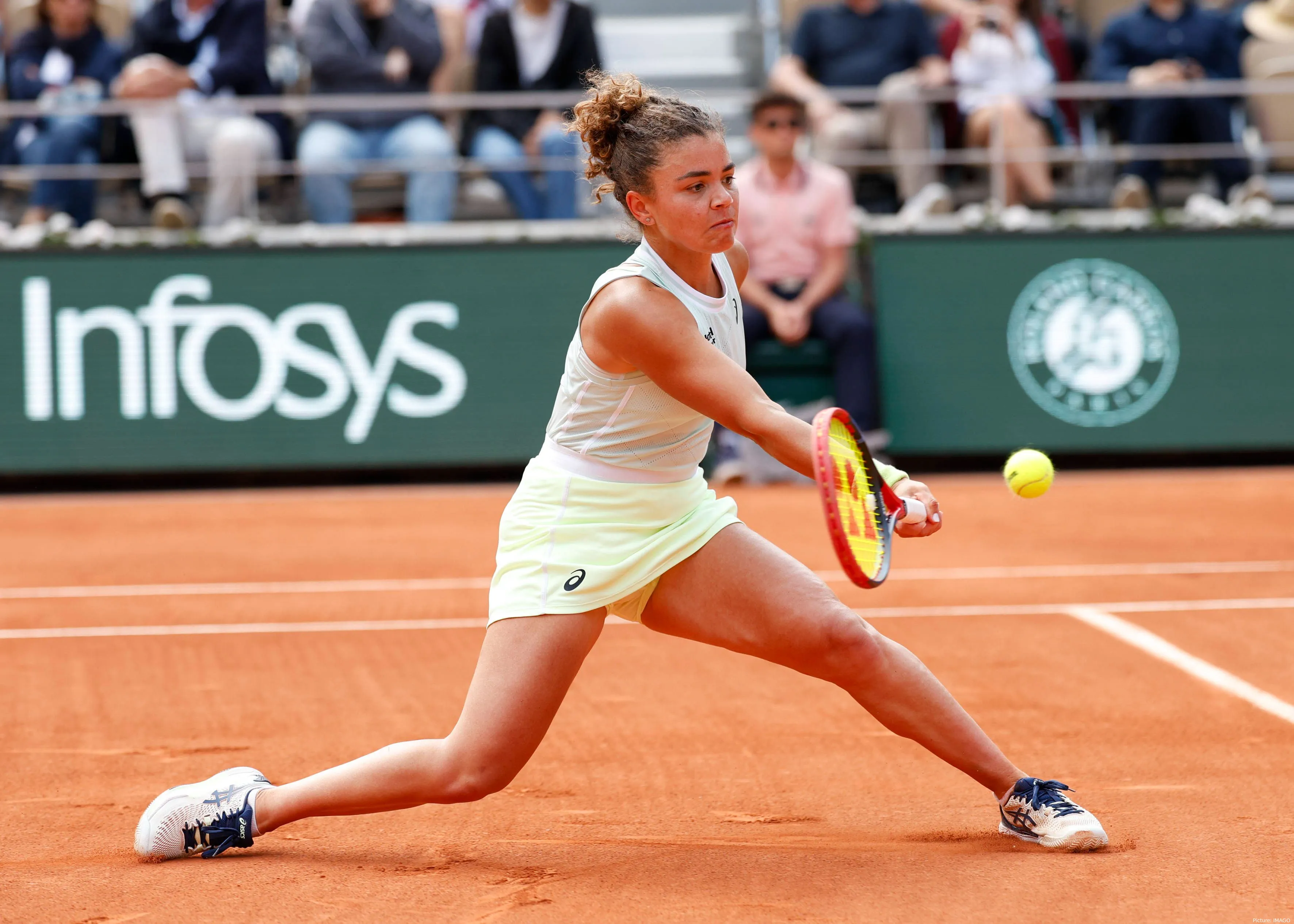Controversy in Rome: Diana Shnaider vs. Jasmine Paolini and the Role of the Crowd
WTAWednesday, 14 May 2025 at 04:30

In the quarterfinals of the 2025 Rome WTA 1000, Russia’s Diana Shnaider appeared to be cruising to victory after edging out Italy’s Jasmine Paolini in a tight first-set tiebreak and racing to a 4-0 lead in the second. But a brief rain delay changed the dynamic entirely. The pause allowed Paolini to regroup, and with the home crowd fully behind her, the momentum shifted dramatically. Shnaider, visibly rattled by the increasingly vocal crowd, ended up losing the match — and she did not hide her frustration.
While Paolini credited the rain delay for giving her a chance to receive guidance from her coach and reset mentally, the Russian star experienced the match very differently. Many outlets noted that the home fans were particularly fervent, crossing the line from passionate support into disruptive territory — something that clearly unsettled the World No. 14.
Read also
This incident in Rome echoes other recent episodes where fan behavior has come under scrutiny. At the 2025 Madrid Open, for instance, Casper Ruud voiced his displeasure with spectators supporting Francisco Cerúndolo in their semifinal clash.
Each time the Norwegian stepped up to serve, fans would yell and disrupt his rhythm. A visibly irritated Ruud turned to the chair umpire repeatedly, asking: "How many times can a fan interrupt a player before something is done?" He later suggested that players should perhaps be granted a replay of their first serve in such situations, to deter this type of interference. Although he acknowledged that Cerúndolo had done nothing wrong, Ruud emphasized the need for stricter enforcement of fan conduct to protect fair play.
Read also
Earlier in the season, at the Miami Open, the Brazilian crowd also made headlines. Rising star João Fonseca described the atmosphere as feeling like “playing in Brazil”, thanks to the overwhelming support from fans. While the cheers boosted the teenager’s energy, some opponents clearly felt the heat. After defeating Fonseca, Alex de Minaur even wrote “Rio Open” on the camera lens, alluding to the electric — and at times overbearing — Brazilian support.
These incidents are part of a broader conversation about the fine line between support, motivation, and disruptive behavior in professional tennis. In a sport where etiquette is shaped as much by tradition as by rulebooks, players often find themselves navigating an additional layer of psychological pressure.
Read also
Ultimately, the controversy in Rome serves as another reminder that while passionate crowds are part of what makes tennis compelling, there must be boundaries — to ensure that enthusiasm doesn’t turn into hostility and undermine the integrity of the game.
Lo stadio si riempie e Jasmine fa cinque game consecutivi, la Shnaider sta giocando 10.000 contro una: l’importanza del pubblico, spiegata bene.#ibi25 #tennis #paolini pic.twitter.com/dTepgwUxdn
— Eleonora Aloise (@eleonora_aloise) May 13, 2025
claps 0visitors 0
Just In
Popular News
Latest Comments
- A certain sponsor-laden British girl could use his mental help.
- Causing a serious player to lose her spot is unfair and unwanted. Pathetic is all one can say anymore.
- Big talk coming from someone who can barely roll herself out of bed each day.
- In all fairness, people should stop lifting Emma up so high on their imaginary pedestals. There is no shame in being a Top 30 or Top 25 player; Masters wins or not. On the other hand, Emma cannot keep a coach and/or trainer. Instead she offers what seems like psychobabble reasoning/excuses for each firing in her team. Place the hype and pretense on the shelf. If she is competitive from time to time sponsors are likely to hang-in there with Emma. But enough is enough in the 'make her what she is not' department.
- Bencic must not feel comfrotable playing a male opponent?
- Even if they play the best 3 out of 5, the current women tennis players lack skills. They hit more balls off the court than on. It is disheartening to watch. Unlike the ATP, there is no solid top 10 in women tennis. It has been spiraling downward since after the Williams sisters, Henin, etc. era. That is when women tennis was at its best. Right now, it is unwatchable.
- Rybakina is nowhere near a better player than Sabalenka. When was the last time before this year Australian Open has Rybakina made to the end of a Slam? The majority of the time she is knocked out in the early rounds.
- Stay focused on tennis Sabalenka. I do not understand why the Ukrainian players are worrying about a war, everyone else is paying for but them. Zelensky is playing the world like a fiddle, while fattening his pockets.
- THOSE UKRAINIANS NEEDS TO BE THROWN OFF TOUR. AND THE ONLY THING THE FANS WANTS THEM TO DO IS TO GO OUT THERE AND PLAY GOOD TENNIS SO THAT THEY CAN GET THEIR MONEY'S WORTH. SOMETHING THE WOMEN TENNIS HASN'T PRODUCE IN A LONG TIME. THEY DO NOT CARE ABOUT ANY WAR. BECAUSE IF THAT IS THE CASE, NO ONE WILL SHAKE HANDS. ESPECIALLY WITH AMERICANS.
- Maybe she can steal points and trophies from the College Circuit?
Loading









